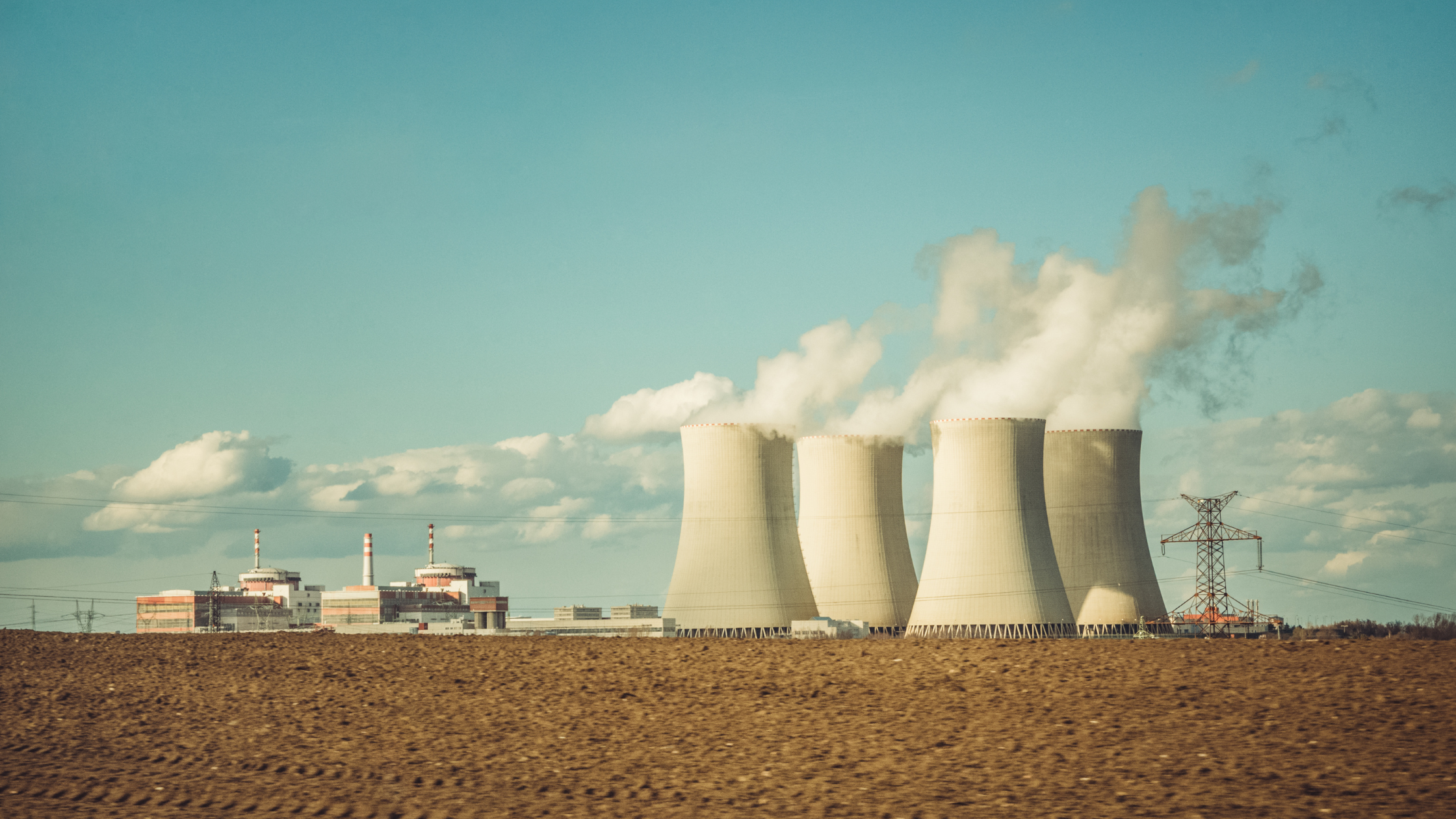
Hinkley Point and Sizewell’s spiralling costs raise questions about the UK’s nuclear future
What’s happening? French Finance Minister Bruno Le Maire has urged the British government to increase its financial contribution to new nuclear reactor projects in the UK, citing concerns over mounting costs. Discussions are planned with UK officials to address funding challenges for projects including Hinkley Point C and Sizewell C. The Hinkley plant, initially estimated at £18bn ($22.6bn), is now projected to cost £35bn, with completion expected in 2031. Funding issues raise broader worries about UK nuclear projects’ timelines and economic viability, amid uncertainties over small modular reactors’ role in the nation’s clean energy transition. (inews)
Why does this matter? The UK government recently announced its most significant expansion of nuclear power in 70 years, aiming to lower electricity bills, bolster energy security, and create job opportunities. Plans include constructing major new power stations and investing £300m in advanced nuclear fuel production to make the UK the first European country with a domestic supply of high-assay low enriched uranium (HALEU). The Civil Nuclear Roadmap outlines the UK’s ambitious nuclear program, targeting a quadrupling of nuclear capacity by 2050 to meet a quarter of the country’s electricity demand. Initiatives include exploring large-scale power plants, investing in advanced nuclear fuel production, and supporting small modular reactor (SMR) technology.
Spiralling costs – However, the UK’s pursuit of nuclear energy has encountered a myriad of challenges due to rising costs, raising concerns regarding the viability of nuclear power meeting 25% of national electricity demand by 2050. Hinkley Point C, which has been under construction since 2016, is funded by the French state-owned energy company Électricité de France (EDF) and until recently the China Nuclear Power Group (CGN). This has proved controversial with French taxpayers, especially since the announcement last month that Britain has no plans to provide loan guarantees for the project to ease the financing costs on EDF, which also coincided with the CGN withdrawal. EDF has taken a near €13bn ($14bn) hit on the project so far. Costs have mounted since the project began in 2016 for a variety of reasons including the Covid-19 pandemic, inflation, and Brexit. EDF is also seeking funding for the Sizewell C project in Suffolk.
Consumer wariness – Should the Hinkley Point C project face further delays and cost escalations, the resultant increase in energy prices could deter consumers from embracing sustainable energy solutions, thereby impeding the transition to a low-carbon economy. A recent report by EY found that although two-thirds of energy consumers know how to start making sustainable energy choices, 70% are unwilling to do so if it costs them more time or money. This scenario undermines the UK’s climate goals and exacerbates socioeconomic inequalities, as higher energy costs disproportionately affect vulnerable communities. Moreover, prolonged uncertainties surrounding nuclear project financing could deter investors from allocating capital to clean energy ventures, leading to market volatility and hindering the growth of renewable energy infrastructure.
An uncertain nuclear future? – The outcome of negotiations between the UK and France regarding funding for nuclear reactor development also poses significant regulatory challenges. A failure to reach consensus on cost-sharing arrangements will result in regulatory uncertainty, hampering long-term investment planning and impeding the deployment of nuclear energy technologies. For example, the ambitious International Thermonuclear Experimental Reactor (ITER) project faced similar issues with cost overruns and disputes about sharing the burden among the participating countries, which have plagued the project since its inception. Initially set for completion in 2019, the first plasma experiments are now not expected before 2025, with further delays possible due to ongoing sanctions by the US, EU and South Korea against Russia. Regulatory interventions to mitigate financial risks associated with nuclear projects could also introduce compliance burdens and procedural complexities, further deterring investors and stifling innovation in the clean energy sector.


